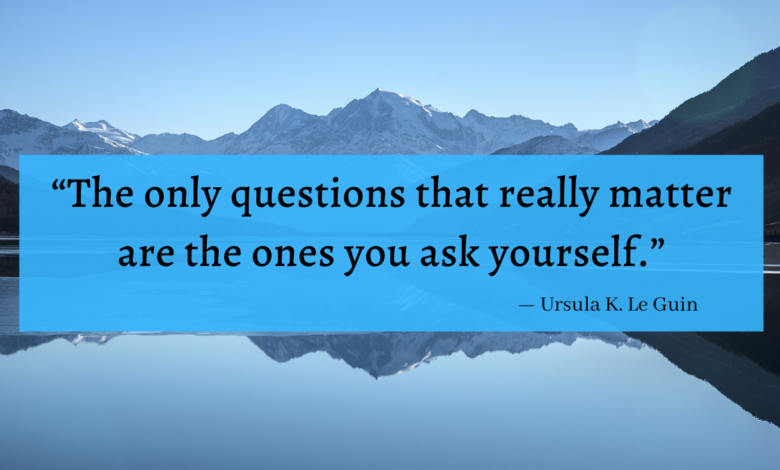My Misperception of Self-Awareness – My Brain’s Not Broken

There are many new buzzwords in the world of mental health, and one of the ones I’ve thought a lot about is the idea of self-awareness. In the past few years, self-awareness is brought up more and more in regards to living a mentally healthy life. Though it seems like a simple concept, my journey with self-awareness has been anything but simple. I used to be under the impression that once I improved my self-awareness, my anxiety and depression would go away. In today’s post, I’d like to share why I was wrong, and how I plan to fix it.
What is Self-Awareness?
Since I like to get my definitions from experts and mental health professionals, here’s a definition of self-awareness from Very Well Mind:
Self-awareness is your ability to perceive and understand the things that make you who you are as an individual, including your personality, actions, values, beliefs, emotions, and thoughts. Essentially, it is a psychological state in which the self becomes the focus of attention.
Self-awareness is knowing yourself on a deeper level. It’s more than understanding your likes and dislikes; it’s knowing what makes you happy and sad, what annoys you and what makes you feel the way you feel. A big part of self-awareness is understanding how you’ll react to situations, as well. When you practice self-awareness, you’re understanding and accepting of who you are, and you can understand why you do certain things.
How I Perceived Self-Awareness
While I might have been close in my assumption of self-awareness, I was way off in how I perceived it. Since I’ve lived with anxiety and depression for so long, I’m not surprised by the feelings and emotions that come with it. But I wasn’t always able to understand these feelings. I could identify what was happening, but I didn’t understand how it impacted me. Eventually, I got so used to my symptoms that I assumed they were part of my everyday life. When you’re going through a particularly difficult bout of depression, being self-aware isn’t really what you want to be doing.
However, with the help of therapy, I’ve been able to really work on my self-awareness in the past few years. Doing so has challenged my attitude. Before growing in my self-awareness, I thought the process would be simple. I would become learn about a particular behavior or way of thinking and then, since I “became aware,” it would go away. Maybe not over night, but soon. Now it’s two years later, and I’ve learned that becoming aware of something doesn’t necessarily mean it’s going to go away. Oftentimes, that’s when the real work begins.
Changing My Attitude
Getting to know yourself better is a lifelong journey. It takes time to understand our habits, to realize why we do some of the things we do. Understanding is a huge step on the road to mental wellness, but self-awareness doesn’t mean our behavior or attitude is suddenly going to change. We can’t grow if we don’t know who we want to grow into, especially in the case of our mental health.
I used to view self-awareness as the peak of the mountain. Once I understood more aspects of who I was, life would be easy. But I’d like to change my attitude on that a little bit. Self-awareness is still an important step, and it is a peak of sorts. But this journey is a marathon, not a sprint, and there are many more mountains to climb and peaks to reach. So while I’ll still celebrate the wins when they come, I’ll remember that self-awareness is usually the first step in a much longer journey. And though it will be difficult and challenging, I can’t wait to see where it takes me.
Source link
#Misperception #SelfAwareness #Brains #Broken

